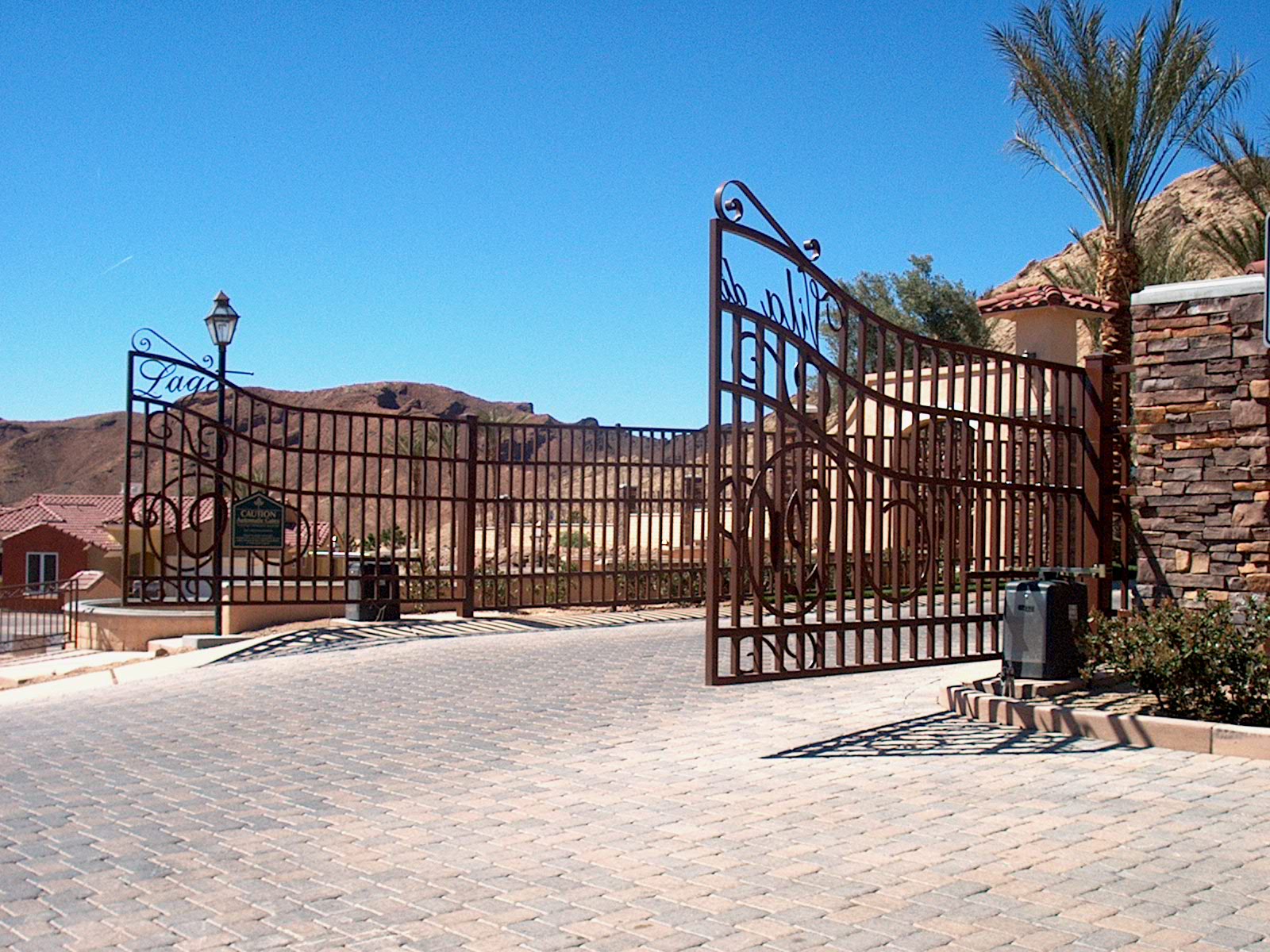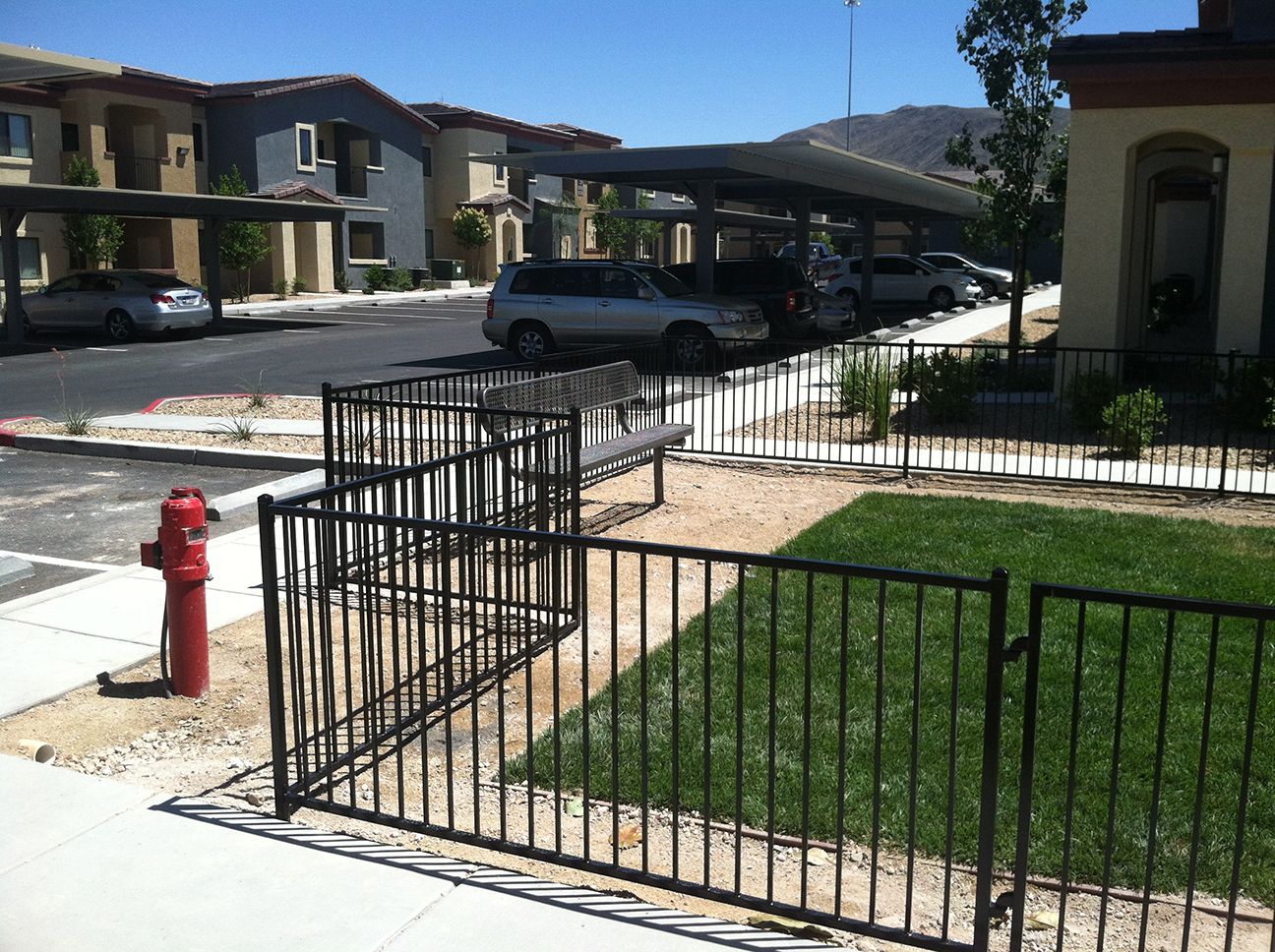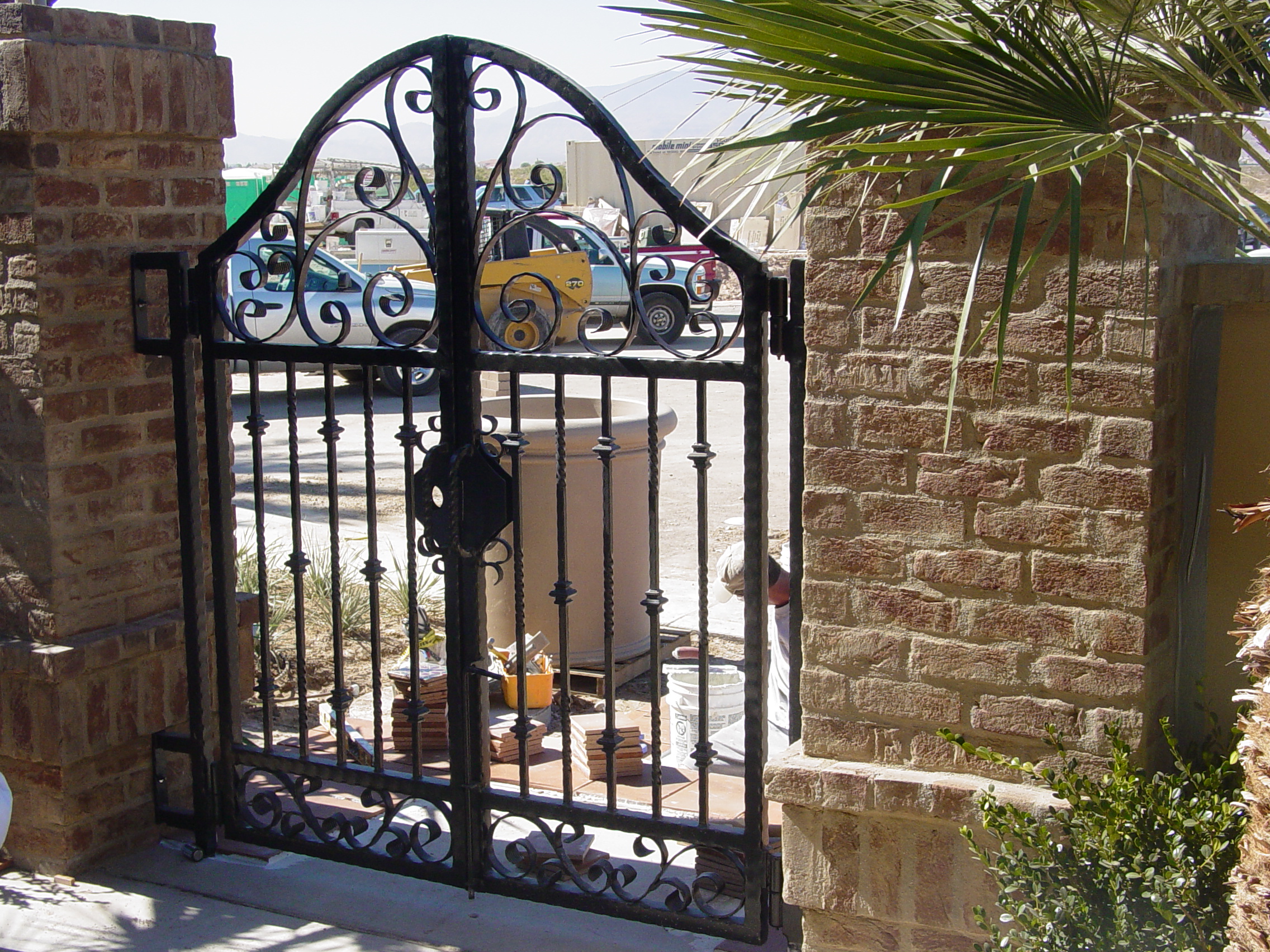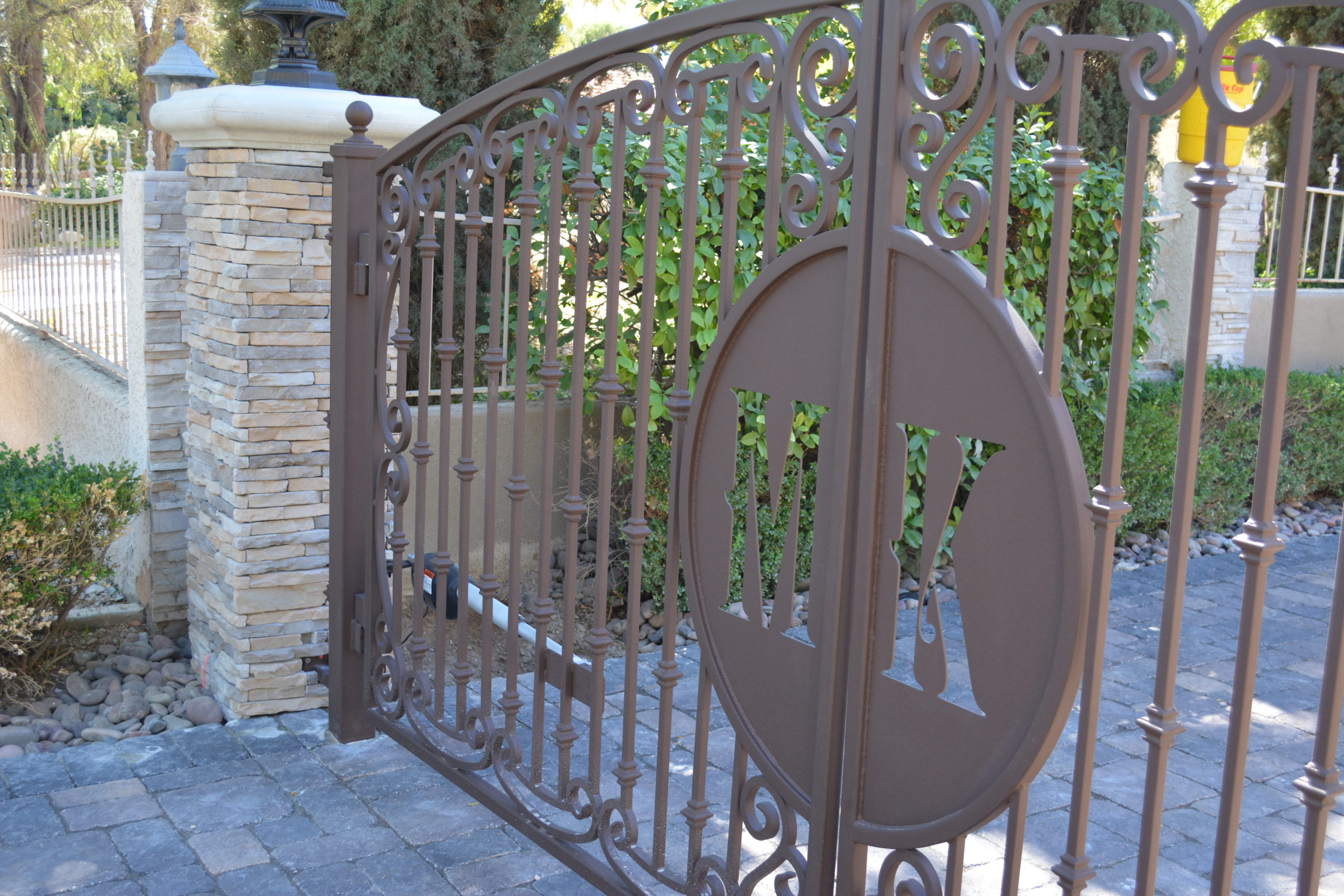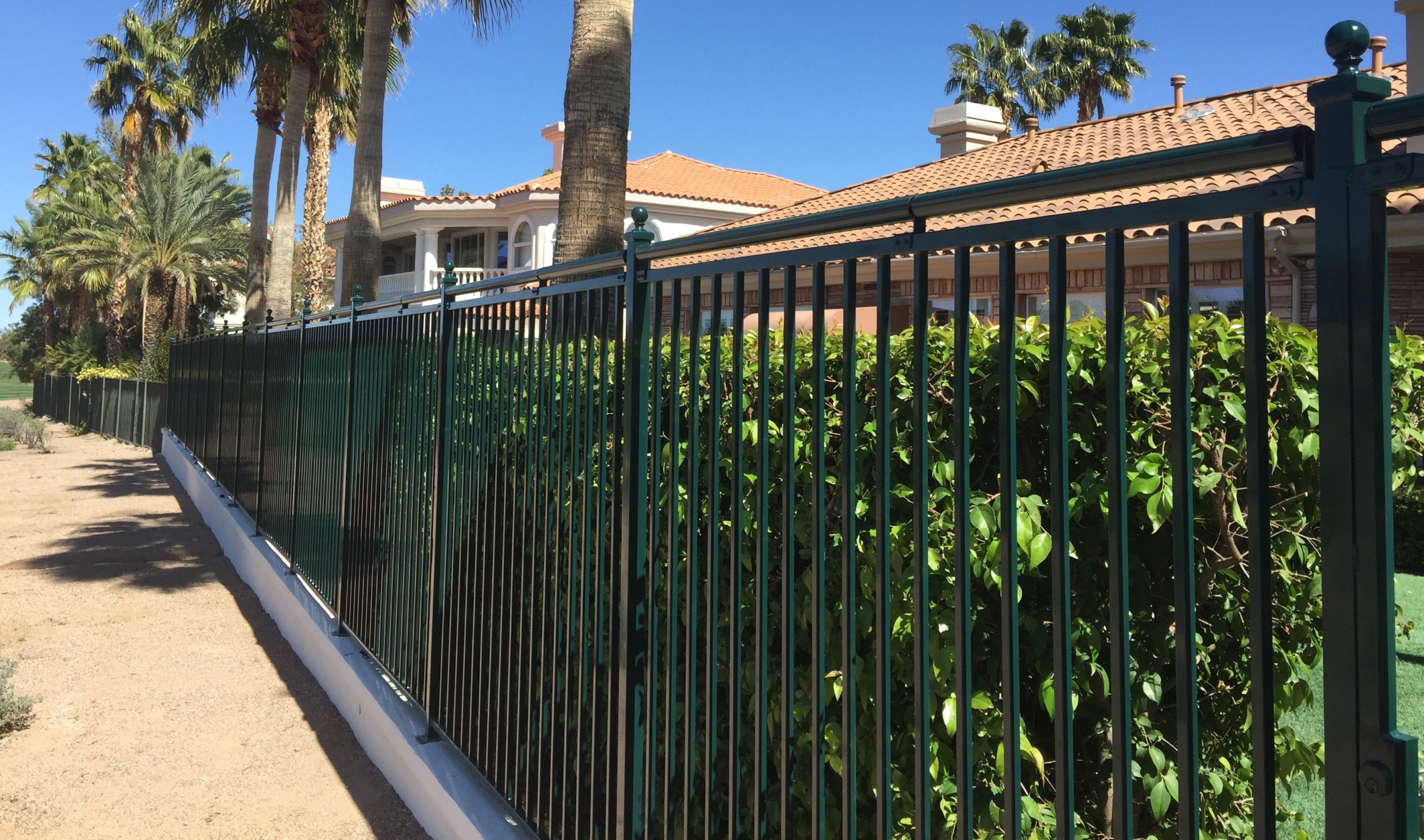
Buying a House? Don’t Forget to Inspect the Fence
When buying a house there are a lot of things you consider. Is it the right neighborhood? Is the house structurally sound? Is the plumbing good? Are there enough electric sockets in the home office?
While worrying about all the things, don’t forget to take a look at the fence. A home inspector will look at the fence to make sure it is not about to fall over, but you should also look at it yourself. Your fence is important, it helps keep your property secure, keep wildlife and stray pets out of your yard (and your pets in your yard), etc.
What to Look for When Inspecting a Fence
There are a number of things you should look at when inspecting a fence:
- Make sure you know who’s responsibility a fence along a property line is. Is it yours, your neighbors, or are you going to have to agree to share the costs? Unfortunately, fences commonly cause issues between neighbors. Do bear in mind that “downgrading” a fence in height or privacy protection is very likely to cause conflict, as is anything that might affect somebody’s view. That six foot privacy fence might be the only way they can contain a large, active dog, or it might be so they aren’t observed in their pool.
- Has the fence fallen down altogether? In many cases it’s better to replace a fallen fence than try to repair it.
- Is the fence sagging or leaning?
- If a chain fence, are there any broken links or holes?
- Are there holes under the fence that may have been dug by animals?
- Does the fence match the property and landscaping, or does it seem to be an afterthought done in a totally different style? Does it add to the property’s aesthetic value and curb appeal or take away from it?
- Is the fence sufficient to keep your pets and children in. If you have a large dog and the last owner didn’t, you may need to upgrade your yard’s fencing.
If you are lucky your new house will already have a fence you like that is in good repair. However, that is relatively rare, and you may well be looking into a new fence or significant repairs or upgrades. Even if the fence is in good repair, it could be approaching the end of its life.
How Much of a New Fence Allowance can you Get?
One possibility if the fence is in poor repair or unsuitable for your needs is to negotiate for a new fence allowance. You are unlikely to be able to get one if the fencing is simply not to your taste, but if it requires repair or an upgrade, then you may have a case. Some sellers will go to the trouble of repairing the fence before selling, but some might also decide that it’s better to take the loss on a fallen-down fence. FHA loan requirements include replacing leaning or broken fences, so this may give you some ammunition against the seller.
A new fence allowance should cover the typical market cost of fencing, which in Las Vegas can range from $15 to $25 per foot, depending on the type of fence. You might only get part of the cost if you are looking at wrought iron or a similar more expensive material. The seller may only be willing to pay for the lower cost of wood or chain link.
If there are other repairs to be done, you can negotiate for an allowance for those two. However, most realtors do recommend that sellers do all needed repairs rather than offering allowances. You are less likely to be able to get an allowance if you need to upgrade the height of the fence or install boards to prevent your terrier from digging out under it.
Should You Replace the Fence When you Move In?
As already mentioned, sometimes you get lucky. The fence might be well maintained, sufficient to your needs, and aesthetically appealing. Unfortunately, this is relatively rare, and the previous owner’s idea of “aesthetically appealing” may not overlap at all with yours. Just as you might want to repaint, replace carpet, or redo the landscaping, there are benefits to replacing the fence:
- You will know the fence has no hidden problems you and the inspector missed that might come back to bite you in a year or two.
- You will have a fence you like, not one picked out by somebody else. In some cases you can resolve this by repainting the fence, but not always.
- You know your own fence needs better than the previous owner did.
If the current fence doesn’t match the house or is starting to show signs of age, then it’s a good idea to replace it right away. By having the work done before you have “settled in,” it will be an extension of the normal disruption of moving rather than feeling as if you just started over with more inconveniences. You will also make sure that you don’t have a fence disaster in addition to everything else that is going on. A collapsed fence can become an emergency situation that results in frantic phone calls to try and find somebody to repair it, possibly on the weekend.
Make sure that you have any necessary permits and agreements with your neighbor in place. You should also choose a fence that will last, especially if you intend on staying in the home for a long time. Wrought iron fences last, are relatively easy to maintain, and come in styles that will fit any property. You can color them to match or complement your home’s siding (or in a color that offers a nice compromise between your taste and your neighbor’s. If you choose the right fence they will keep pets and children in, deer and wildlife out, reduce disputes by keeping the boundary clear and look good.
If you have a new property, it is worth looking into a wrought iron fence to improve its appearance and long term value. Make sure that the fence meets your needs both now and in the imagined future.

